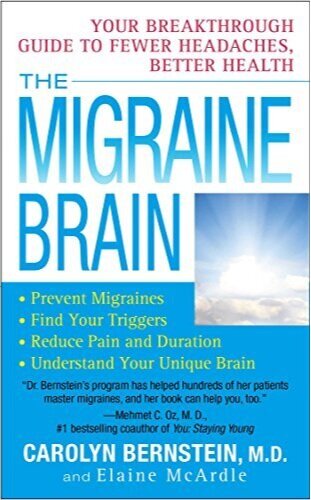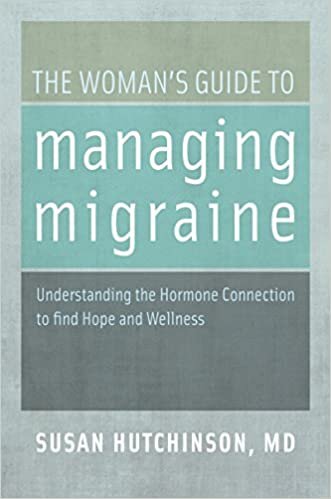About Migraines
Migraines are not just another headache. 90% of sufferers are unable to work during their migraine. It is the 6th most disabling illness in the world and it affects 29.5 million Americans.
Migraines are a severe form of headache that typically involves throbbing or pulsing pain as well as a variety of other symptoms including: nausea, vomiting, and light and/or sound sensitivity. There are four stages of migraines: prodrome, aura, attack, and post-drome. Not all migraine sufferers go through all four stages. Migraines typically last about 4 hours but some can last 72 hours or longer.
The causes of migraines are not fully understood. There is some evidence that genetics and environmental factors can play a role. They are believed to occur when there are abnormal changes in the brain that cause inflammation. The inflammation then causes the blood vessels in the brain to swell and press on nearby nerves, leading to pain.
Migraines can be triggered by a variety of actions, food, and other stimuli, which can vary from person to person. Try to remember what you ate or did prior to each migraine and make sure you write it down. This will help you determine what your personal triggers are. Check out our Timed Trigger Tracker to help you determine your migraine triggers.
Treatment of migraines can take many forms. Your doctor may prescribe you a daily preventative medication to try to prevent migraines from occurring. They may also prescribe an acute or abortive medication that can prevent a migraine from running its full course (or stop it entirely) if taken a soon as symptoms start. They may recommend making some lifestyle changes such as making sure that you don’t skip meals, reduce stress, improve your sleep, or increase exercise.
Download our free headache calendar to track your headache days if you suffer from migraines. Bring the headache calendar with you to your doctor’s appointment so that they can assess your migraines and provide a course of treatment moving forward.
If you want to learn more about migraines and what you can do to help improve yours, I recommend the following books:
Citations
U.S. Department of Health and Human Services. (2019, April 1). Migraine. Retrieved from https://www.womenshealth.gov/a-z-topics/migraine
Mayo Clinic (2016) Migraine. Retrieved from https://www.mayoclinic.org/diseases-conditions/migraine-headache/symptoms-causes/syc-20360201
Migraine Research Foundation (2019). About Migraine. Retrieved from https://migraineresearchfoundation.org/about-migraine/migraine-facts/
Chronically Chic does not endorse any treatments, procedures, products or physicians referenced in these patient fact sheets. This information is provided as an educational service and is not intended to serve as medical advice. Anyone seeking specific medical advice or assistance should consult his or her doctor.





